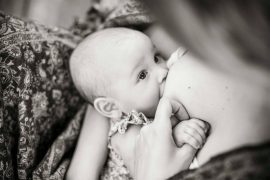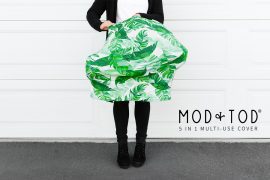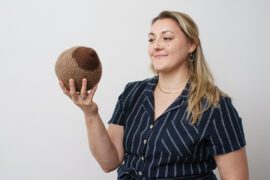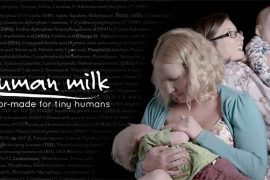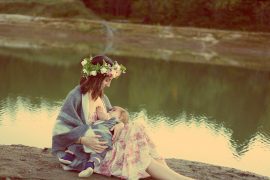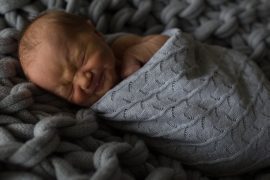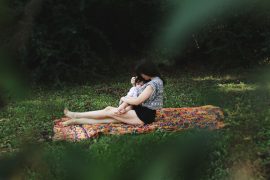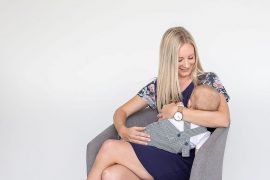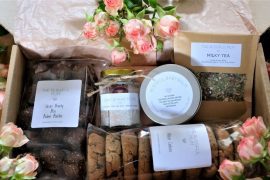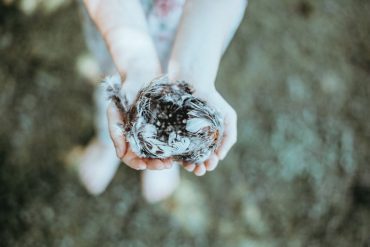For parents who choose to give their baby another woman’s liquid gold, below is a list of guidelines for how this can be done more safely based on ADHB’s recommendations:
- Try to minimise the number of donors
- Choose a donor who is feeding a baby of similar gestational age to yours to ensure that composition of breast milk is the most appropriate
- Recipients should ask a few lifestyle questions of the donor or donors
- Blood tests would be ideal but not always necessary
- Home pasteurisation
Some questions a recipient might like to ask her donor:
- Do you have any a chronic illness, for example insulin dependent diabetes?
- Have you had an intimate relationship with someone who has hepatitis or HIV?
- Have you had a tattoo in the last 6 months?
- Are you taking any prescription medications?
- Do you drink more than 3 servings of coffee or caffeinated drinks per day?
- Do you drink alcohol?
- Do you smoke?
- Do you consume illegal or recreational drugs?
- Are you a vegan?
- Could you have been exposed to BSE disease in the United Kingdom?
- Have you received an organ donation?
- Is your own baby in good health and growing well?
If the donor agrees to provide a blood sample, below are the recommended tests:
- HIV 1 and 2
- Human T cell lymphotropic Virus 1 and 2
- Hepatitis B and C
- Syphilis
- Cytomegalovirus
Pasteurisation of milk at home – here is what you need to do…it’s easy!
- Fresh or frozen breast milk is stored in a clean (sterile) glass jar
- Place the glass jar into a pot of water and bring the water to the boil
- Once the water begins to boil, remove the jar of breast milk
- Cool to room temperature and give to your baby within 6 hours
On behalf of the recipients, thanks to those generous milk donors out there that have provided or are providing for other babies – you are saving lives and making lives better.
Hopefully, this information will help make it safer for babies and help to reduce any stigmatisation around the art of sharing liquid gold.
If you have excess milk and think you would like to donate your milk, your efforts would be greatly appreciated. Please follow the links below:
Email: milkbankNICU@cdhb.health.nz
Visit: Mothers Milk NZ
Amy Sherpa is co-founder of The Baby Sleep Practitioners. Amy and Elspeth Witton are registered nurses, having over ten years’ experience, with a background in neonatal nursing. They both hold Master’s Degrees in Health Science and currently work casually in a Special Care Baby Unit and as Baby Sleep Practitioners. Both take education sessions of infant sleep and health and well-being for SPACE NZ programme and The Parents’ Centre “Baby and You” course. They also hold infant sleep workshops. They’re both parents themselves, each of them mothers to two young boys. They are personable and can relate to the challenges of motherhood.

